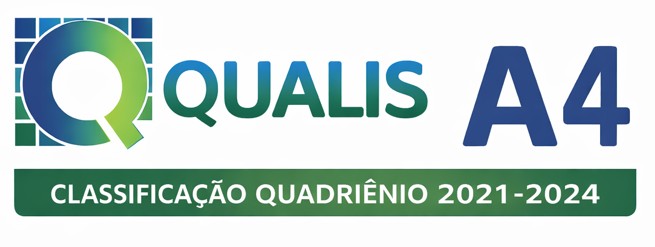Permanent education and ressignification of teaching practice: a case study about the contributions of a research group in a basic education institution
Keywords:
Search group, Teacher-researcher, Permanent teacher training. , Teacher practice.Abstract
The aim of this article is to analyse the importance of a research group in a basic education school as a means of ongoing training and re-signifying teaching practice, presenting the results of the case study. This is a qualitative research study (Yin, 2016) and a case study (Yin, 2001), exploratory and descriptive in nature. The research instruments used were: a literature and document review; a structured questionnaire; and on-site observations in a research group developed in a school in Brasilia made up of three teaching units. It was based on the following theoretical references: Schön (1983), Stenhouse (1975), Freire (2000), Demo (2006; 2018), among others. Faced with the interconnectivity promoted by the information/knowledge age and global/local digital demands, the need for ongoing teacher training goes beyond the initial training offered at universities. As a possibility for ongoing teacher training, the research group can be observed. The information analyzed from the case study of the Educational Well-being Research Group (GPBEE) interprets the GPBEE as a space for training, collaboration, critical reflection, scientific production and co-creation of solutions to the challenges faced in the school routine. There has been a significant transformation in the approach of the teacher-researchers who are members of the GPBEE in relation to their pedagogical practice, favoring the promotion of a more inclusive and innovative education, based on collective reflection-action and self-(trans)formation.










